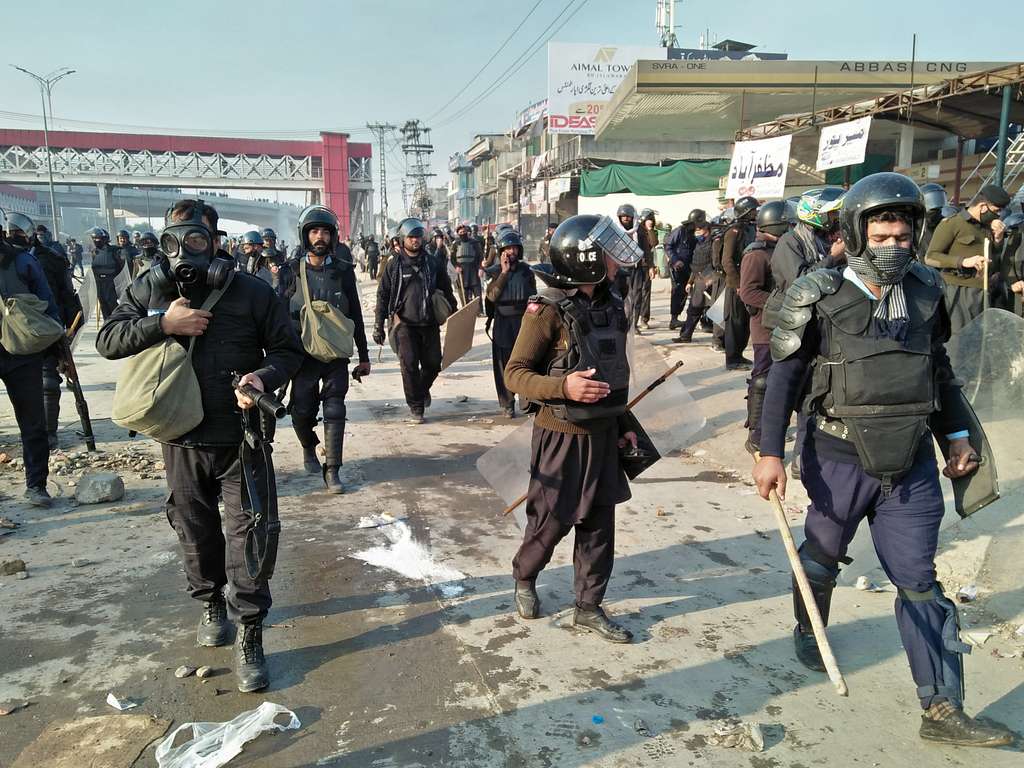The Meaning of the U.N. Special Rapporteur's Endorsement of Brennan for CIA Director
Ben Emmerson, the Special Rapportuer for Human Rights who is conducting an inquiry into the legality of (among other things) U.S.
Ben Emmerson, the Special Rapportuer for Human Rights who is conducting an inquiry into the legality of (among other things) U.S. drone strikes, and who has suggested that the United States might have committed war crimes, has told Spencer Ackerman at Danger Room that he supports John Brennan as the Director of the CIA. Based on conversations with current and former Obama administration officials, Emmerson thinks that “[b]y putting Brennan in direct control of the CIA’s policy [of targeted killings], the president has placed this mediating legal presence in direct control of the positions that the CIA will adopt and advance, so as to bring the CIA much more closely under direct presidential and democratic control.” Emmerson adds: “Obama has had one term in which to try to impose presidential, democratic authority over this program. The decision to put Brennan as director of the CIA is a decision to stamp presidential authority over the agency, and to bring it firmly under control.”
Emmerson implies here (and elsewhere in the story) that the growth in the lethal use of drones during President Obama’s first term under Obama-appointed CIA Director Leon Panetta (and later, briefly, David Petraeus), and the circumstances of the CIA’s drone deployments, somehow took place beyond Obama’s (and the White House’s, including Brennan’s) control and approval. That is hard to imagine, and does not comport with everything we know from other sources. Brennan may well have pushed for more legal clarity and restraint compared to what was being proposed, but the arc of the CIA’s program as executed in Obama’s first term was by all accounts fully endorsed by Brennan and the President, in the round and in its details. In fact, as Bobby has pointed out here and elsewhere, under current laws and practices, the CIA is almost certainly subject to greater presidential and especially congressional supervision than DOD/JSOC when it comes to drone strikes, and the public (mostly through leaks) knows more in general about CIA drone strikes.
Emmerson brags that his views on these matters have been based on “communications both unofficial and official with the administration that give me cause for confidence.” By confirming Emmerson’s ex ante bias that the CIA is a cowboy institution operating lawlessly and beyond presidential control, the officials and former officials who talked to Emmerson are clearly trying to protect the President and the White House (and, no doubt, themselves) from Emmerson’s investigation at the expense of the CIA. Emmerson’s gullibility or naivete (if those are the right terms) on this matter makes clear what has been pretty clear from the beginning, namely, that the CIA, and not the USG, is his real target. That is good news, of a sort, for the non-CIA officials who might have otherwise received heat on this front. It is bad news for the CIA, but not surprising. The CIA has a long history of being tossed under the bus by political appointees (and former political appointees, and by politicians in Congress) when things the political figures approved of and participated in start to face heat. As for the impact on Brennan, it is hard to see how Emmerson’s endorsement will help him – before the Senate (where Brennan doesn’t need help) or in the CIA (where he does).
A final point. There is an entirely legitimate question – a question being debated in the government, and a debate in which Brennan has been participating – whether and how the CIA should remain in the lethal drone business (and what DOD/JSOC’s relative role should be). This debate has relatively little to do with which institution is more democratic or better at following the law or more under presidential control. As aspects of Ackerman's story indicate, it is more about an issue David Cole discussed yesterday in the WP: how to make U.S. targeted killing – and its associated processes and institutions – officially more transparent to the public, at home and abroad. As Brennan once said: “I think the rule should be that if we’re going to take actions overseas that result in the deaths of people, the United States should take responsibility for that.” It is practically impossible for the government to take open responsibility for the consequences of targeting killing when an action is done under the rubric of covert action, which is the rubric the CIA typically operates under. As noted above, DOD/JSOC is not presently more transparent than CIA. But, the argument goes, moving the bulk of targeted strikes to JSOC (and as a general matter outside the rubric of covert action) at least holds open the possibility of more public transparency. Brennan is reportedly in the camp that wants to move targeted killing to JSOC, perhaps for this reason. Maybe he is right. But we can have the debate about the proper distribution of drone-strike capabilities across the government without current and former officials inaccurately portraying the CIA in this context as a rogue actor.
Jack Goldsmith is the Learned Hand Professor at Harvard Law School, co-founder of Lawfare, and a Non-Resident Senior Fellow at the American Enterprise Institute. Before coming to Harvard, Professor Goldsmith served as Assistant Attorney General, Office of Legal Counsel from 2003-2004, and Special Counsel to the Department of Defense from 2002-2003.



.jpg?sfvrsn=407c2736_6)

